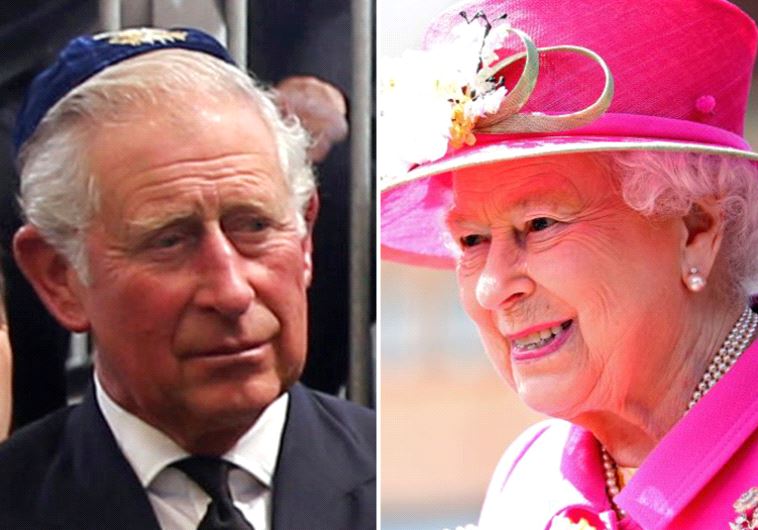Why do the British royals refrain from official state visits to Israel?
While Prince Charles has attended two state funerals in Israel, he has never come on an official state visit; neither has Queen Elizabeth.
 Prince Charles and Queen ElizabethUpdated:
Prince Charles and Queen ElizabethUpdated: